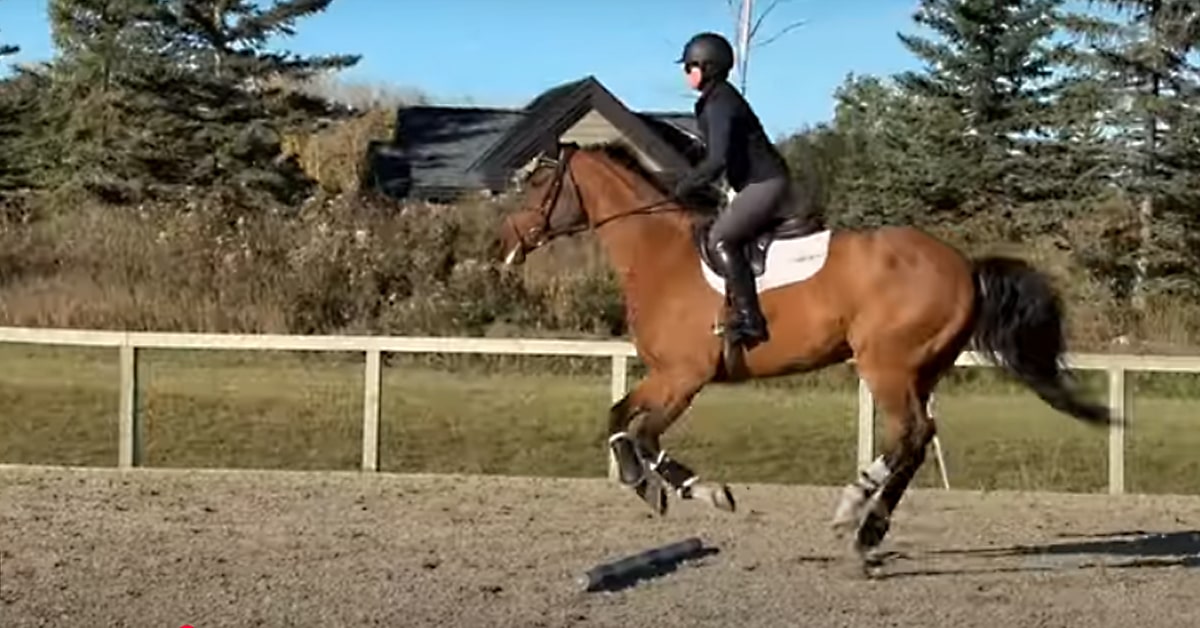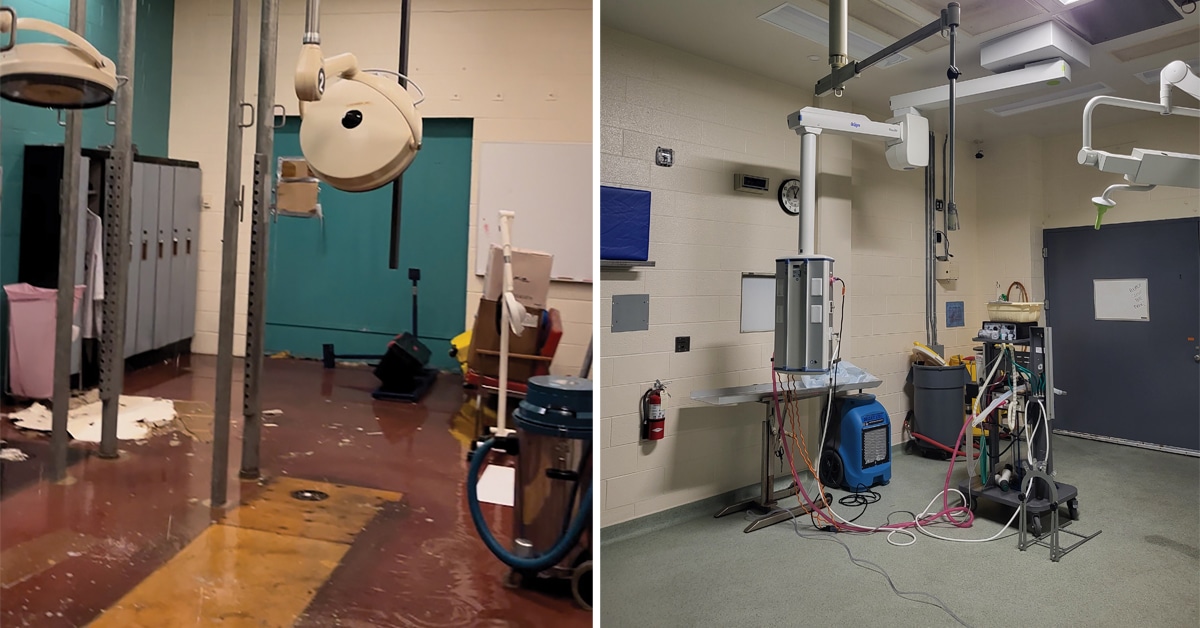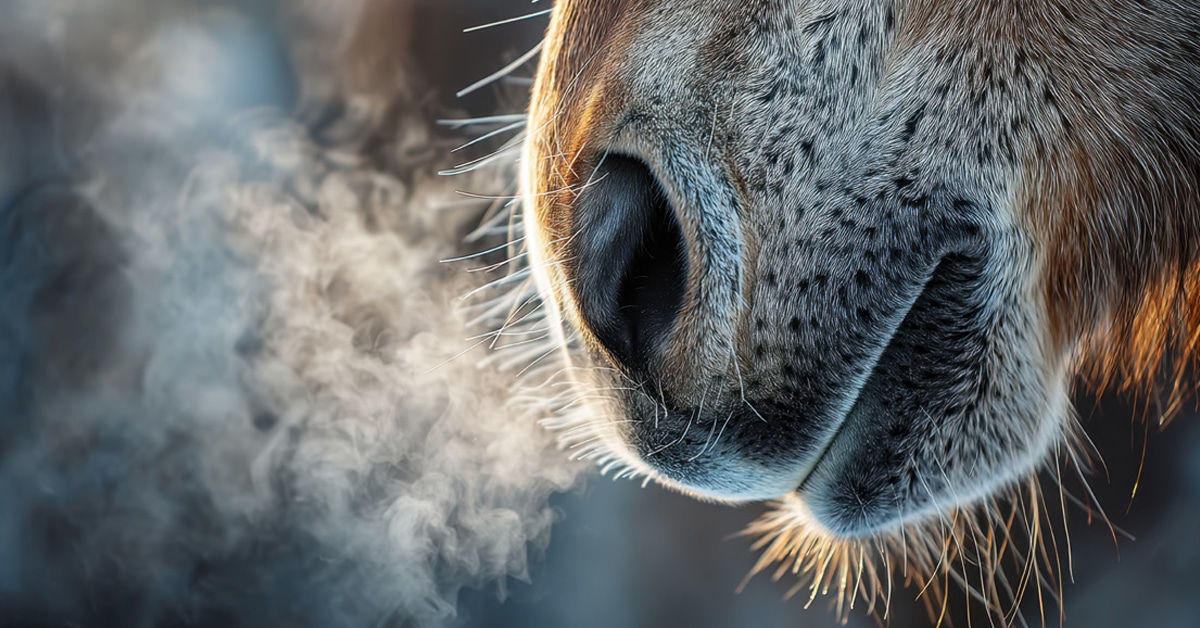Equine nutritionists are part of a quickly-evolving industry, as horse owners understand that a thorough comprehension of nutrition plays a vital role in the health and well-being of their horses. Research has allowed us to understand the importance of good nutrition for all categories of horses – from the pasture companion to the upper-level athlete – both as a preventive measure for many diseases and conditions and as a means of attaining better performance.
If considering pursuing a career in equine nutrition, be prepared to dedicate several years to studying! An equine nutritionist must possess in-depth knowledge of the digestive system and nutritional needs of horses. They must learn to identify imbalances that could potentially lead to health issues and how to rebalance a horse’s ration for optimal health.
Although the title of “equine nutritionist” is not regulated, which means anyone can claim to be one without any specific type of education or certification, it is generally accepted that extensive education is required to be truly qualified as a nutritionist. This means attaining solid credentials by means of a graduate degree such a Master’s (M.Sc.) or a doctorate (Ph.D.) in equine nutrition or animal science. When hiring an equine nutritionist, be sure to ask about their credentials.
A related career is an equine nutrition consultant/feed rep, who works for a feed mill or feed company and performs several of the same tasks as a nutritionist, but has less extensive education in horse nutrition. They often work under the supervision of a nutritionist and may receive additional education directly from the company.
A potential equine nutritionist
must have:
• A love for horses and the desire to help them live happier, healthier lives
• An interest in how the body works, particularly the digestive system
• A meticulous nature; calculating rations requires both math
skills and extreme attention to detail
• The love for learning and remaining up-to-date on new nutrition-related research
• Good interpersonal skills to
enjoy interacting with clients
• Excellent problem-solving skills; it sometimes takes a little detective work and lots of attention to detail in order to find the root cause of a problem (eg. cribbing, feed refusal, weight loss, etc.)
Employment opportunities include working for feed mills or feed companies in the research and development of new feeds and supplements, or as an independent nutrition consultant for breeding and training facilities and/or individual horse owners. Training other aspiring nutritionists is a possibility, as is speaking at conferences and writing nutritional articles for websites and magazines (like this one!). Salary varies greatly depending on location, employer and level of education, but many sources indicate that the average annual salary for an equine nutritionist with a Master’s (M.Sc.) can be in the range of $60,000.
Some of the daily tasks of an
equine nutritionist may include:
• On-farm consultation services and horse evaluations (taking weight and body score measurements)
• Calculating rations in order to balance a horse’s diet in relation to its specific needs, while taking into consideration body score, age, underlying health issues (laminitis, Cushing’s, insulin resistance, etc.) and work intensity
• Weighing feed rations and providing nutritional assessment of current feeding practices
• Detecting potential issues in horse management or the origin of a specific condition (eg. wood chewing, ulcers, weight loss, poor performance, etc.)
• Taking hay samples and interpreting results for clients
• Creating customized feed recipes and feeding programs for high performance horses, breeding farms, boarding stables, etc.
• Creating new feeds and/or overseeing feed production for feed companies
• Providing general nutritional advice regarding health and well-being
• Working in collaboration with other specialists such as veterinarians and equine dentists
The Latest









